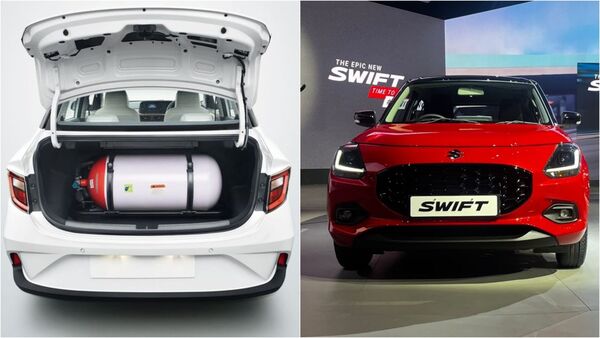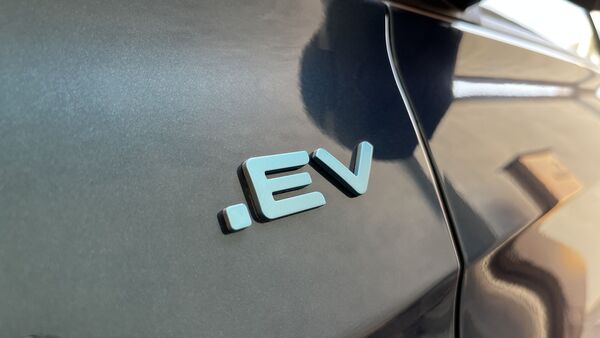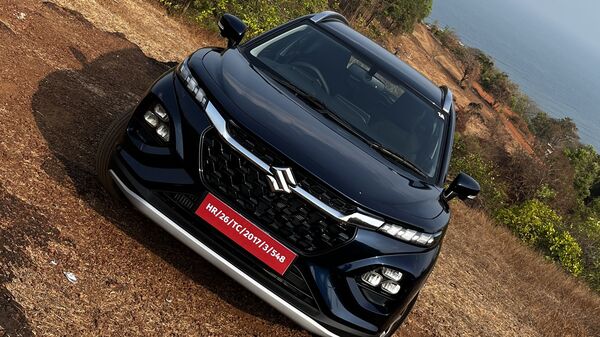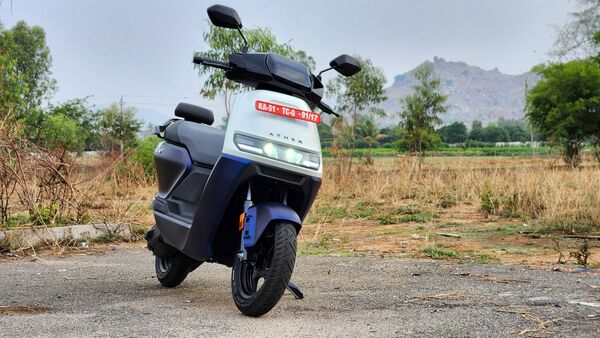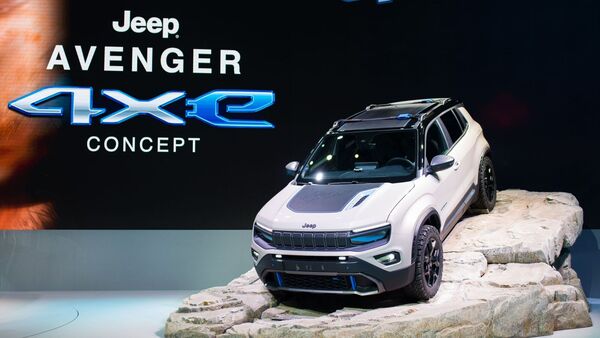
Stellantis CEO urges 50% reduction in EV battery weight. Here's why
3 months ago | 8 Views
Carlos Tavares, the CEO of Stellantis, has issued a clarion call to the automotive industry, emphasising the need to slash the weight of electric vehicle (EV) batteries by 50 per cent over the next decade. This ambitious goal, outlined during Stellantis' Freedom of Mobility Forum, aims to address environmental concerns and enhance the viability of EVs as a sustainable mobility solution. Stellantis is the parent for several automotive brands including Fiat, Citroen and Jeep.
Tavares highlighted the stark reality that producing a battery pack for an EV with a 400-kilometer range currently requires an additional 500 kgs of raw materials compared to traditional vehicles. This not only increases the environmental footprint but also intensifies the strain on scarce resources like lithium, a crucial component in EV batteries.
To overcome these challenges, Tavares stressed the need for a breakthrough in battery technology, particularly in enhancing cells' power density. He expressed confidence that significant advancements in this area over the next decade could lead to a dramatic 50 per cent reduction in battery pack weight. This breakthrough would not only alleviate concerns about raw material scarcity but also enhance the overall sustainability of EVs.
Stellantis' commitment to mobility innovation
Stellantis' Freedom of Mobility Forum serves as a platform for fostering dialogue on mobility challenges and their impact on global warming. Tavares' vision aligns with Stellantis' commitment to driving innovation independently, following its departure from the European auto lobby group ACEA.
Despite hydrogen's potential as an alternative technology for mass mobility, Tavares expressed scepticism about its current feasibility. He cited prohibitively high costs as a major hurdle, suggesting that while hydrogen may find initial applications in corporate fleets, it remains out of reach for ordinary consumers.
""I'm afraid that for the time being affordability is going to be a major showstopper for hydrogen," Tavares said. "For the near future, it's (possibly) going to be a solution for fleets of big corporations, but certainly not for normal citizens."
Read Also: real driving emissions (rde) norms: everything you want to know about it
